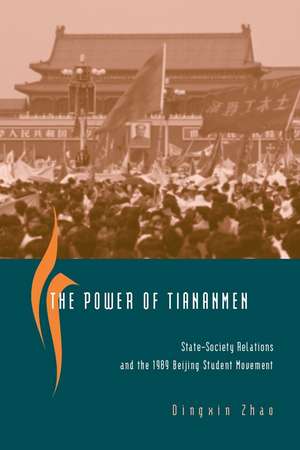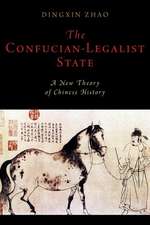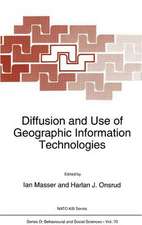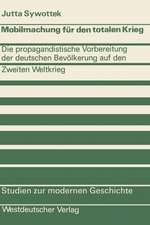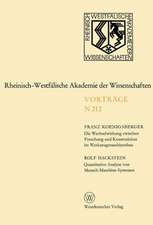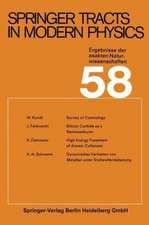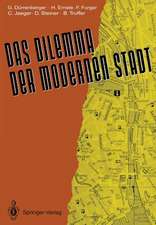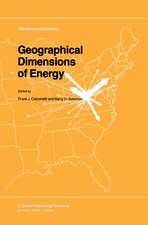The Power of Tiananmen: State-Society Relations and the 1989 Beijing Student Movement
Autor Dingxin Zhaoen Limba Engleză Paperback – apr 2004
In the spring of 1989 over 100,000 students in Beijing initiated the largest student revolt in human history. Television screens across the world filled with searing images from Tiananmen Square of protesters thronging the streets, massive hunger strikes, tanks set ablaze, and survivors tending to the dead and wounded after a swift and brutal government crackdown.
Dingxin Zhao's award-winning The Power of Tiananmen is the definitive treatment of these historic events. Along with grassroots tales and interviews with the young men and women who launched the demonstrations, Zhao carries out a penetrating analysis of the many parallel changes in China's state-society relations during the 1980s. Such changes prepared an alienated academy, gave rise to ecology-based student mobilization, restricted government policy choices, and shaped student emotions and public opinion, all of which, Zhao argues, account for the tragic events in Tiananmen.
Dingxin Zhao's award-winning The Power of Tiananmen is the definitive treatment of these historic events. Along with grassroots tales and interviews with the young men and women who launched the demonstrations, Zhao carries out a penetrating analysis of the many parallel changes in China's state-society relations during the 1980s. Such changes prepared an alienated academy, gave rise to ecology-based student mobilization, restricted government policy choices, and shaped student emotions and public opinion, all of which, Zhao argues, account for the tragic events in Tiananmen.
Preț: 332.14 lei
Nou
Puncte Express: 498
Preț estimativ în valută:
63.55€ • 66.36$ • 52.48£
63.55€ • 66.36$ • 52.48£
Carte tipărită la comandă
Livrare economică 15-29 aprilie
Preluare comenzi: 021 569.72.76
Specificații
ISBN-13: 9780226982618
ISBN-10: 0226982610
Pagini: 456
Ilustrații: 12 halftones, 3 maps, 16 tables
Dimensiuni: 152 x 229 x 25 mm
Greutate: 0.75 kg
Ediția:1
Editura: University of Chicago Press
Colecția University of Chicago Press
ISBN-10: 0226982610
Pagini: 456
Ilustrații: 12 halftones, 3 maps, 16 tables
Dimensiuni: 152 x 229 x 25 mm
Greutate: 0.75 kg
Ediția:1
Editura: University of Chicago Press
Colecția University of Chicago Press
Notă biografică
Dingxin Zhao is an associate professor of sociology at the University of Chicago.
Cuprins
Foreword by Charles Tilly
Preface
Chronology
Introduction
Part 1. The Origin of the 1989 Student Movement
1. Chinas State-Society Relations and Their Changes during the 1980s
2. Intellectual Elites and the 1989 Movement
3. Economic Reform, University Expansion, and Student Discontents
4. The Decline of the System for Controlling Students in Universities
5. On the Eve of the 1989 Movement
Part 2. The Development of the 1989 Movement
6. A Brief History of the 1989 Movement
7. State Behaviors and Movement Development
8. Ecology-Based Mobilization and Movement Dynamics
9. State-Society Relations and the Discourses and Activities of a Movement
10. The State, Movement Communication, and the Construction of Public Opinion
Conclusion
Appendix 1: A Methodological Note
Appendix 2: Interview Questions
References
Index
Preface
Chronology
Introduction
Part 1. The Origin of the 1989 Student Movement
1. Chinas State-Society Relations and Their Changes during the 1980s
2. Intellectual Elites and the 1989 Movement
3. Economic Reform, University Expansion, and Student Discontents
4. The Decline of the System for Controlling Students in Universities
5. On the Eve of the 1989 Movement
Part 2. The Development of the 1989 Movement
6. A Brief History of the 1989 Movement
7. State Behaviors and Movement Development
8. Ecology-Based Mobilization and Movement Dynamics
9. State-Society Relations and the Discourses and Activities of a Movement
10. The State, Movement Communication, and the Construction of Public Opinion
Conclusion
Appendix 1: A Methodological Note
Appendix 2: Interview Questions
References
Index
